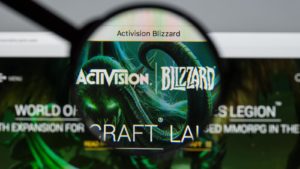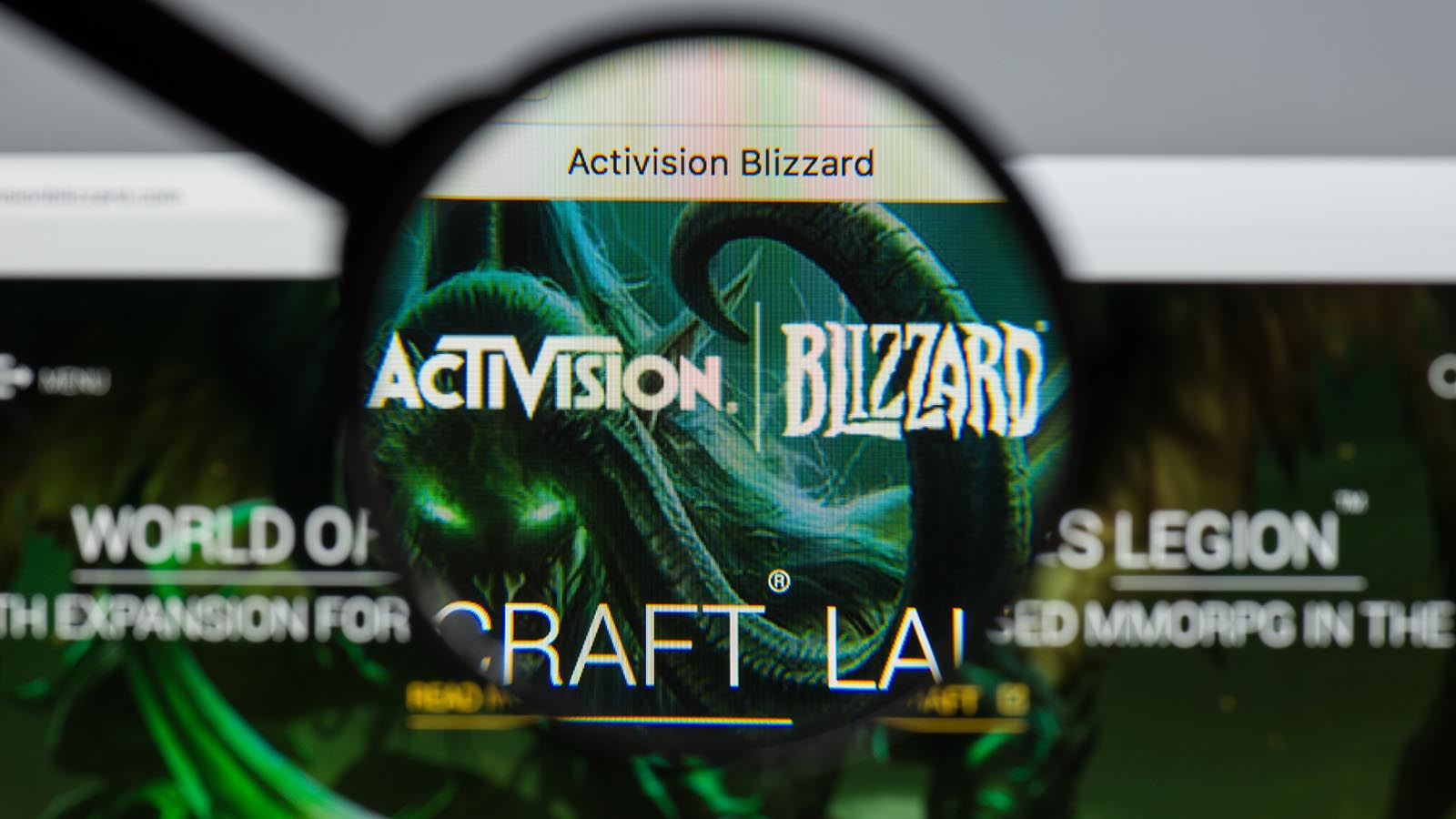Activision Blizzard (NASDAQ:ATVI) dropped a big announcement just days before its Q4 earnings are due. On Jan. 24, the video game company announced a new partnership with Alphabet’s (NASDAQ:GOOG, NASDAQ:GOOGL) Google. The deal will see Activision Blizzard’s popular esports leagues stream exclusively on YouTube. In addition, Google Cloud becomes the preferred provider for the company’s online gaming. After a disastrous 2018 that saw the stock fall off a cliff and lose over 40% of its value in three months, Activision was in recovery mode in 2019. The Google deal, added to the boost from new game console launches this fall, will help ATVI stock continue on the growth path.

Activision will be dumping Amazon’s (NASDAQ:AMZN) Twitch to stream its esports league events exclusively on YouTube. This brings the popular Call of Duty, Hearthstone and Overwatch leagues to YouTube.
Esports not only helps to drive video game sales, the popularity of live streaming games is becoming an advertising bonanza. According to Neilson, Overwatch had a global average-minute audience of 313,000 viewers. That’s enough to bring in big-name advertisers including Coca Cola (NYSE:KO). Those numbers were up 18% last year, and the reach of YouTube could drive growth higher.
Terms of the deal weren’t released. However, Amazon had paid Activision $90 million for a two-year deal on Twitch for Overwatch. The YouTube deal is almost certainly richer.
Could the Relationship With Google Expand?
One interesting possibility that’s been raised by the deal with YouTube, is ATVI’s relationship with Google. There haven’t been any Activision Blizzard titles released for Google’s Stadia video game streaming service. However, as part of the YouTube deal, Google Cloud becomes the preferred provider for ATVI’s online gaming infrastructure.
This has raised hopes that the close relationship could turn into popular Activision Blizzard games like Call of Duty making their way to Stadia.
New Game Consoles Will Spur Sales
Activision Blizzard Stock was relatively flat between 2009 and the start of 2013. That’s when it entered a period of rapid growth. ATVI ended 2012 under $11, and by the fall of 2018, it had topped $83. One of the biggest catalysSts for that performance? Video game consoles. In 2013, Microsoft (NASDAQ:MSFT) launched the Xbox One and Sony (NYSE:SNE) released the PlayStation 4. The next-gen game consoles kickstarted demand for video games.
In 2020, both Sony and Microsoft will be releasing new consoles once again, with Nintendo also rumored to have an upgraded Switch Pro in the wings. As happened in 2013, there will be rush of purchases as gamers line up to buy launch titles that can take advantage of the advanced graphics capabilities of the new systems.
The PS5 and Xbox Series X are expected to launch in time for the holiday shopping season. That means parents will be looking for games they can buy to play on the new consoles.
Like all game developers, Activision Blizzard is hard at work on titles to take advantage of the new console launches. And the years after will continue to see high demand for games, as owners build up their libraries.
Bottom Line on ATVI stock
Those who bought Activision Blizzard at its peak in 2018 watched their investment break a five-year growth streak to plummet in value. In the final three months of that year, ATVI stock lost over 40% of its value. Last year, the company had its ups and downs and it was a period of slow recovery, with the stock gaining 27% over the course of the year.
This year has the makings of a banner year for the company. Investment analysts see that, and ATVI stock continues to be a consensus “buy.”
Esports saw revenue top $1 billion globally in 2019, and Activision Blizzard is well-positioned to take a bigger chunk of that. The new deal to have Call of Duty, Hearthstone and Overwatch leagues stream exclusively on YouTube, is expected to expand the company’s reach. Add the launch of new game consoles in the mix — just in time for the holiday shopping season — and ATVI stock is poised to continue its 2019 recovery through 2020.
As of this writing, Brad Moon did not hold a position in any of the aforementioned securities.
